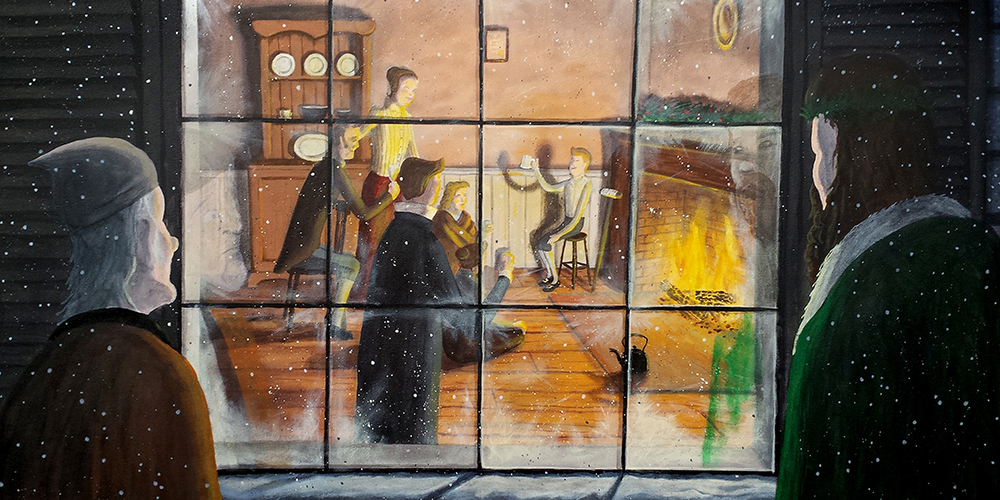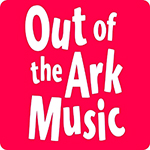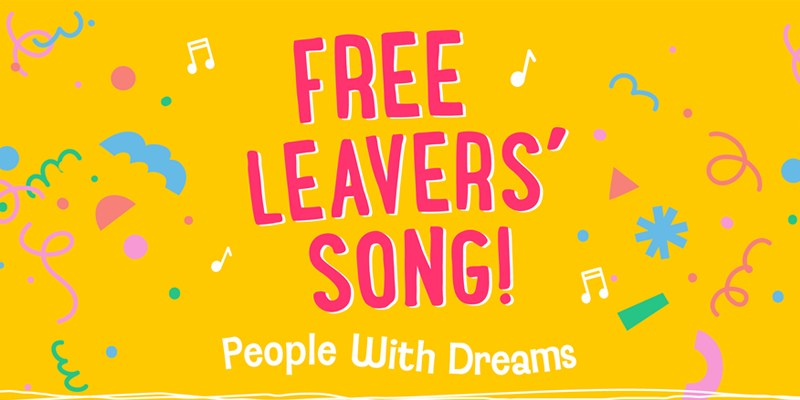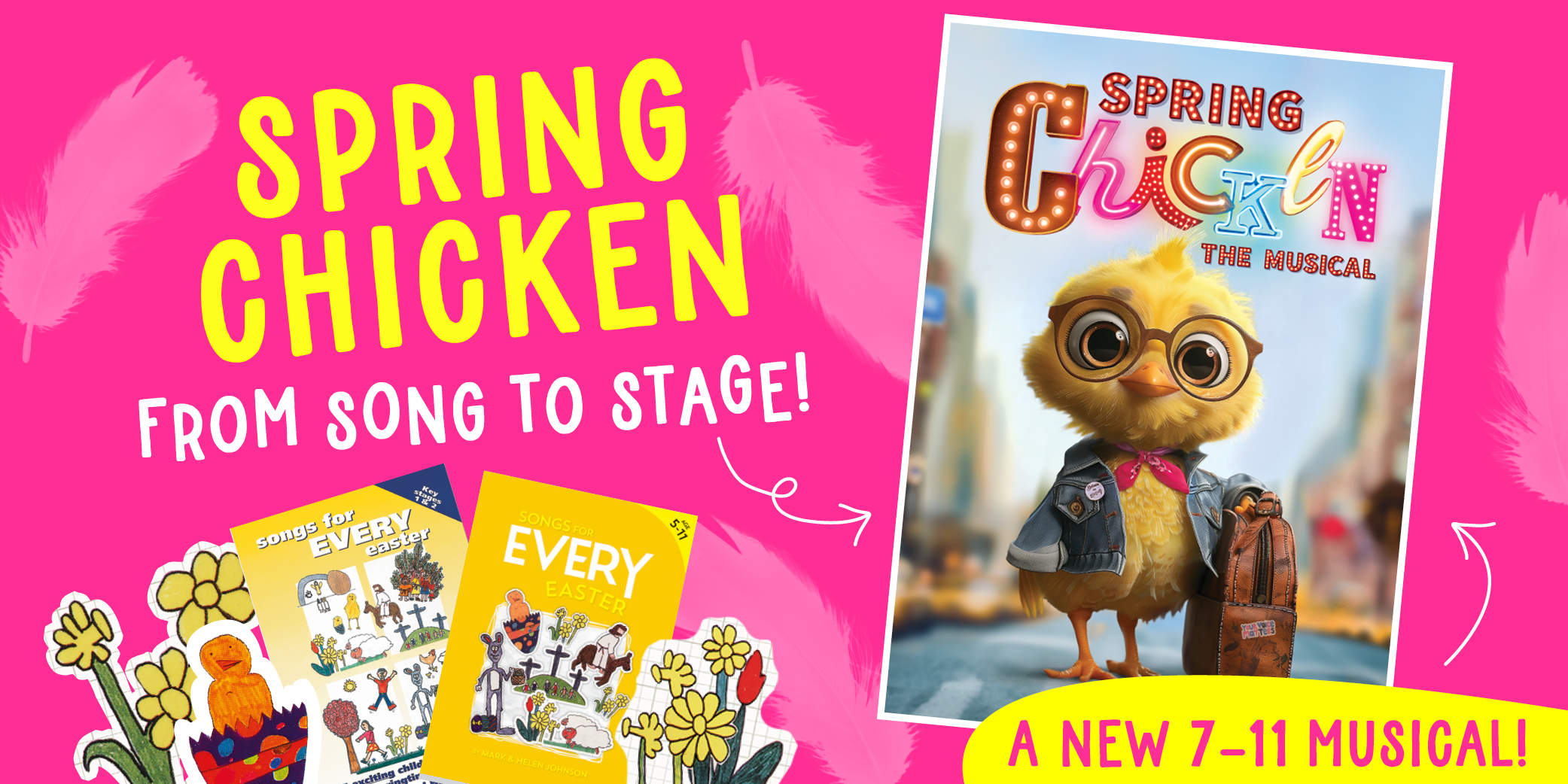
Of any season throughout the year, Christmas is definitely the one with the most tradition and heritage throughout the western world. From Christmas turkeys to Christmas number 1s, from stockings to school nativities, there are even some newer traditions such as The Elf on the Shelf making their way into our Christmas routines. Not all festive traditions have stood the test of time, however. Many have declined in popularity whilst others have been consigned to the history books.
One such tradition is the telling of ghost stories. In his introduction to Told After Supper, an anthology of Christmas ghost stories, Jerome K Jerome says “All these things happen on Christmas Eve, they are all told on Christmas Eve. For ghost stories to be told on any other evening than the evening of the twenty-fourth of December would be impossible in English society as at present regulated”. Fortunately the telling of ghost stories on Christmas Eve hasn’t quite died out as many children still love Charles Dickens’ famous A Christmas Carol.
Check out our fantastic adaptation of A Christmas Carol with our Christmas musical, Bah Humbug!
Similarly, many of us will be familiar with a yule log as a yummy chocolate-covered cake, but the origins of the yule log are much less tasty. The tradition can be traced back as far as the 16th Century when a specially selected tree was burnt on a fire throughout the 12 days of Christmas.
Although we still celebrate Boxing Day as a bank holiday in this country, it began as a day to say thank you to waiting and serving staff who were given a Christmas box and allowed the day off work. In some parts of England, the poorest people in society would knock on doors on Boxing Day asking for money, often getting enough coins to support them through most of the following year.
In the Victorian times, a Christmas carol family singalong around the piano was commonplace for those in the middle and upper classes. If you didn’t have a piano, you could always take a trip down to the local pub for a whole community sing along! The word “carol” means to dance in a circle, and most Christmas carols began as folk songs sung in pubs during the festive season. The tradition of these Christmas songs can help us connect with people in times gone by - we can imagine how they felt, singing the same songs we are singing today.
Whilst the tradition of Christmas carols is still very much alive, community singing has undoubtedly decreased compared with times gone by. With our headphones and electronic devices, music can often be an individual experience and is rarely a participative one. Nevertheless community singing is proven to build social cohesion and improve wellbeing. Besides, it’s really good fun! So let’s keep this Christmas tradition alive by singing together! Singing across the ages and across the nation.
Why not try one of our Christmas songbooks?
Songs for Every Christmas
Essential Christmas Carols
Sing Christmas
Written by The Out of the Ark Marketing Team
One such tradition is the telling of ghost stories. In his introduction to Told After Supper, an anthology of Christmas ghost stories, Jerome K Jerome says “All these things happen on Christmas Eve, they are all told on Christmas Eve. For ghost stories to be told on any other evening than the evening of the twenty-fourth of December would be impossible in English society as at present regulated”. Fortunately the telling of ghost stories on Christmas Eve hasn’t quite died out as many children still love Charles Dickens’ famous A Christmas Carol.
Check out our fantastic adaptation of A Christmas Carol with our Christmas musical, Bah Humbug!
Similarly, many of us will be familiar with a yule log as a yummy chocolate-covered cake, but the origins of the yule log are much less tasty. The tradition can be traced back as far as the 16th Century when a specially selected tree was burnt on a fire throughout the 12 days of Christmas.
Although we still celebrate Boxing Day as a bank holiday in this country, it began as a day to say thank you to waiting and serving staff who were given a Christmas box and allowed the day off work. In some parts of England, the poorest people in society would knock on doors on Boxing Day asking for money, often getting enough coins to support them through most of the following year.
In the Victorian times, a Christmas carol family singalong around the piano was commonplace for those in the middle and upper classes. If you didn’t have a piano, you could always take a trip down to the local pub for a whole community sing along! The word “carol” means to dance in a circle, and most Christmas carols began as folk songs sung in pubs during the festive season. The tradition of these Christmas songs can help us connect with people in times gone by - we can imagine how they felt, singing the same songs we are singing today.
Whilst the tradition of Christmas carols is still very much alive, community singing has undoubtedly decreased compared with times gone by. With our headphones and electronic devices, music can often be an individual experience and is rarely a participative one. Nevertheless community singing is proven to build social cohesion and improve wellbeing. Besides, it’s really good fun! So let’s keep this Christmas tradition alive by singing together! Singing across the ages and across the nation.
Why not try one of our Christmas songbooks?
Songs for Every Christmas
Essential Christmas Carols
Sing Christmas
Written by The Out of the Ark Marketing Team
Click here to post a comment.




